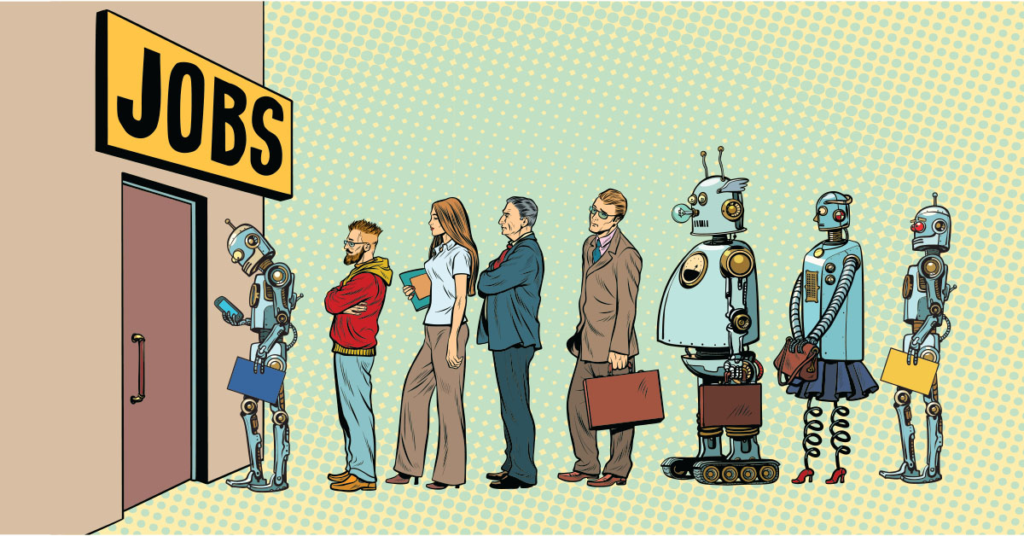Will Robots Take Our Jobs ? The Future of Automation
Introduction: The future of automation, will robots take our jobs? particularly the role of robots in the workforce, is a topic that has sparked both excitement and concern.
Will Robots Take Our Jobs?
Experts are divided over the role of robots over the next decade, with some arguing that they will create more jobs than they displace, The future of automation is a topic that has generated considerable debate, with many wondering whether robots will take over our jobs. As technological advancements in robotics, artificial intelligence (AI), and machine learning continue to evolve, the potential for machines to perform tasks traditionally done by humans is becoming increasingly real. This development raises significant questions about the impact on employment, economic structures, and society.

On one hand, automation offers numerous benefits, including increased efficiency, reduced operational costs, and the ability to perform tasks that are dangerous or difficult for humans. Industries such as manufacturing, logistics, and customer service are already seeing significant changes, with robots and AI taking on roles that were once filled by human workers.
Governments, educational institutions, and businesses will all play crucial roles in managing the transition to an automated future. By implementing policies that support workers, fostering innovation, and ensuring that the benefits of automation are widely shared, society can navigate this transformation in a way that maximizes the benefits while minimizing the downsides.
Conclusion: the future of automation and the potential for robots to take over jobs is both an opportunity and a challenge. While automation is likely to displace certain roles, particularly those involving repetitive
FAQ’s
1 Will robots take over all jobs?
• Not all jobs will be taken over by robots. While automation is likely to replace tasks that are repetitive, routine, or hazardous, many jobs that require creativity, critical thinking, emotional intelligence, and complex problem-solving are less susceptible to automation.
2 Which jobs are most at risk of being automated?
• Jobs in manufacturing, data entry, customer service, and transportation are among the most at risk due to their repetitive and structured nature. However, automation may also impact some aspects of jobs in healthcare, finance, and retail.
3 Will new jobs be created as robots take over some roles?
• Yes, history suggests that technological advancements often create new industries and job roles. The rise of automation could lead to jobs in robot maintenance, AI development, data analysis, and other tech-driven fields. Additionally, as routine tasks are automated, human workers can focus on more complex and creative tasks.
Also Read This – The Psychology of Gaming: Benefits and Drawbacks
Share This Article








One Comment